Why Wisconsin bans auto manufacturers from selling directly to the public
A state law passed in 1993 and earlier restrictions have blocked makers of motor vehicles from operating dealerships in Wisconsin and selling directly to consumers, but electric vehicle manufacturer Tesla has filed a high-profile lawsuit in circuit court that challenges those regulations.
The Badger Project
April 14, 2025
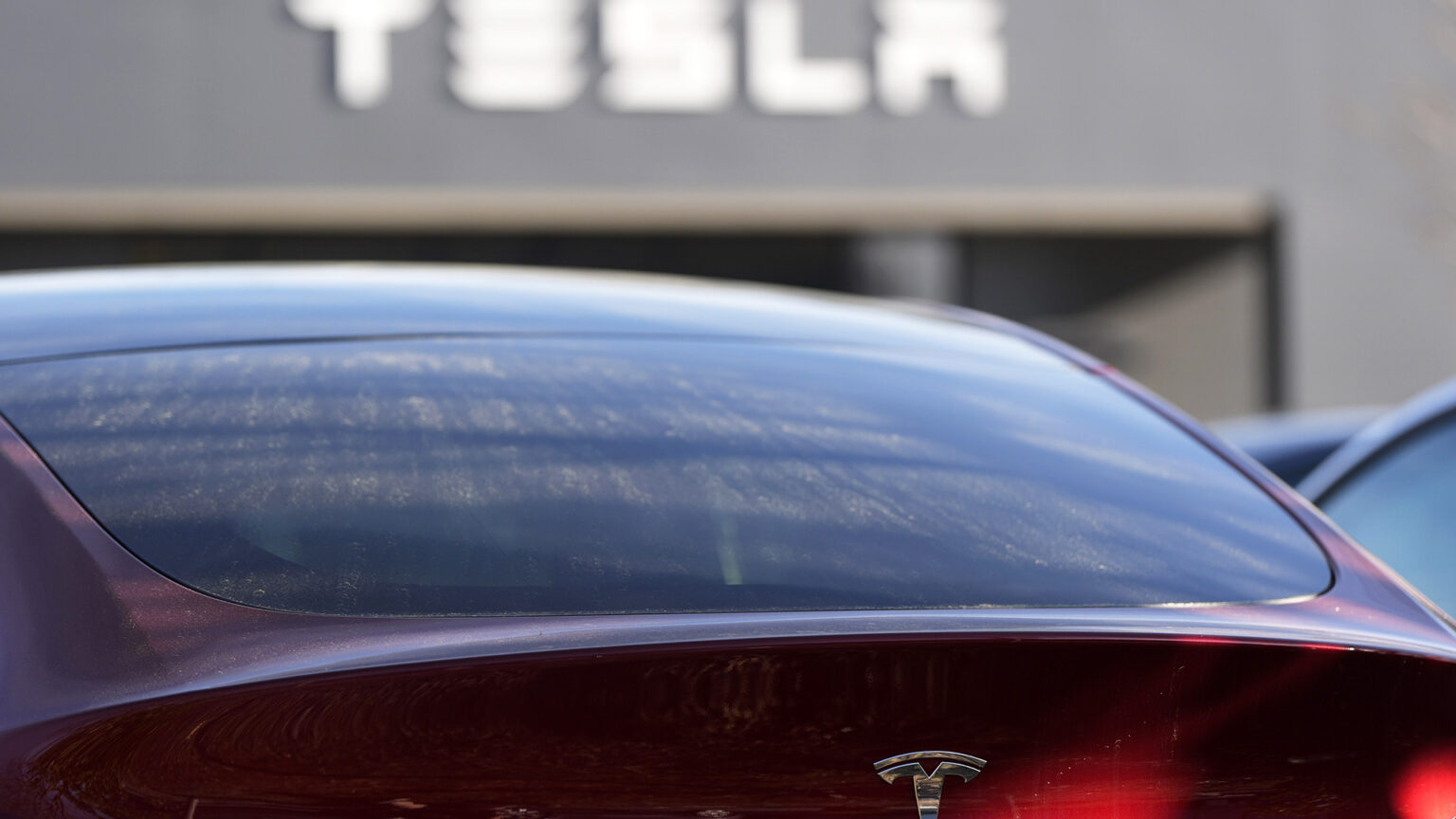
A Tesla Model Y and other vehicles are parked at a dealership on March 19, 2025, in Kennesaw, Georgia. (Credit: AP Photo / Mike Stewart)
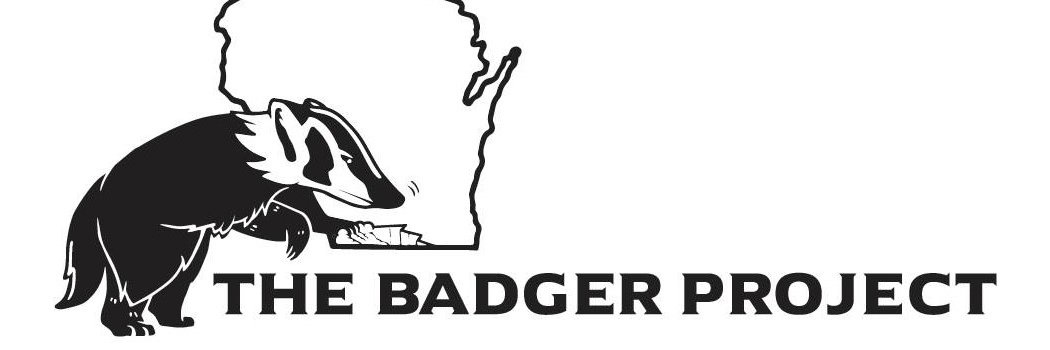
Ever wondered why you can’t just go to a store and buy a new car? Why must you haggle at a dealership?
You can find the reason in state law. In Wisconsin, auto manufacturers are prohibited from selling directly to consumers. Instead, they must sell their vehicles to dealerships, which then sell them to the public.
The state’s nearly 35-year-old, explicit ban on direct sales has ignited an ongoing legal dispute between the state and Elon Musk’s electric vehicle company, Tesla.
But Wisconsin isn’t an outlier.
Seventeen states bar direct sales, while 18 states allow them, according to a 2020-2021 report from the National Conference of State Legislatures. Laws in the remaining states fall somewhere in the middle of this balance.
The Wisconsin law at the center of the Tesla dispute says “A factory shall not, directly or indirectly, hold an ownership interest in or operate or control a motor vehicle dealership in this state.”
Industry and legislative history
The Wisconsin State Legislature enacted the factory store rule in 1993 after the Wisconsin Automobile & Truck Dealers Association lobbied to expand protections for car dealers, said Madeline Kasper, an analyst with the Wisconsin Legislative Reference Bureau, in an email.
But restrictions on manufacturers operating auto dealerships in Wisconsin date back to the mid-20th Century and were first enacted to protect dealerships from having to compete with auto manufacturers, Kasper said.
The practice of selling new vehicles through dealerships began as the auto industry expanded in the early 20th Century. Manufacturers partnered with independent dealers so they could prioritize and invest in the production of cars rather than their distribution.
Before states intervened on behalf of dealerships, manufacturers could force dealers to accept cars regardless of whether the dealer wanted them and could terminate contracts with dealerships for no reason, wrote Daniel Crane, a law professor at the University of Michigan who teaches legislation and regulation, in a 2016 paper.
Prohibiting manufacturers from selling directly to consumers was meant to limit manufacturers’ ability to unfairly compete by selling the same types of cars sold by the dealer, Crane said.
Tesla has attacked the current interpretation of the factory store rule, noting that Tesla can’t compete with dealerships, because dealerships don’t sell Tesla products.
“That rationale is completely inapplicable to non-franchising manufacturers, like Tesla, who have no franchisees they could possibly exploit,” the company wrote in its court filings.
The suit may end up before the Wisconsin Supreme Court, which made Musk’s heavy involvement in the 2025 election for an open seat on the court eye raising as he unsuccessfully spent about $20 million trying to get the right-leaning candidate elected.
Electric vehicles
The state-imposed limits on direct sales began to loosen in 2014, two years after Tesla debuted its second car, Crane explained in a 2021 paper.
Looser restrictions on sales are essential for electric vehicles to compete with the better-established auto companies, and the traditional dealership model is ill-suited to their sale and service, Crane argues.
New car dealerships’ contribution to state tax revenue isn’t insignificant, however.
The tax revenue from the sale of vehicles both new and traded-in, as well as parts, accessories and repairs at new car dealerships in Wisconsin was nearly $600 million in 2024, according to the Department of Revenue. This accounted for nearly 8% of the state’s $7.6 billion in total sales tax revenue in 2024.
Tesla and Wisconsin
In Wisconsin, Tesla operates two galleries in Madison and Milwaukee, but neither can sell vehicles or even discuss pricing or promotions. Wisconsin residents who wish to purchase a Tesla must do so online or visit a neighboring state that doesn’t impose direct sales restrictions.
In December, Tesla requested dealer licenses in Dane and Milwaukee counties, hoping to convert its two gallery locations to dealerships.
When a state agency rejected their requests, the company filed suit on Jan. 15 in the Outagamie County Circuit Court, raising questions of judge shopping.
The company said it is a licensed motor vehicle dealer in 30 states and Washington D.C. and that Wisconsin residents purchased between 3,000 and 4,000 of its vehicles in 2024.
The company prioritizes direct sales, saying that the model is better for its consumers, who, the company says, prefer its uniform prices and “middleman-free experience.”
Tesla argues that it qualifies for an exemption to state law because car dealers could not own and operate a dealership selling Tesla products “in a manner consistent with the public interest and that meets the reasonable standard and uniformly applied qualifications of the factory.”
After initially filing in Outagamie County, where no Tesla showroom exists, the court transferred the case to Milwaukee County in March, according to online records.
The Badger Project is a nonpartisan, citizen-supported journalism nonprofit in Wisconsin.
 Passport
Passport




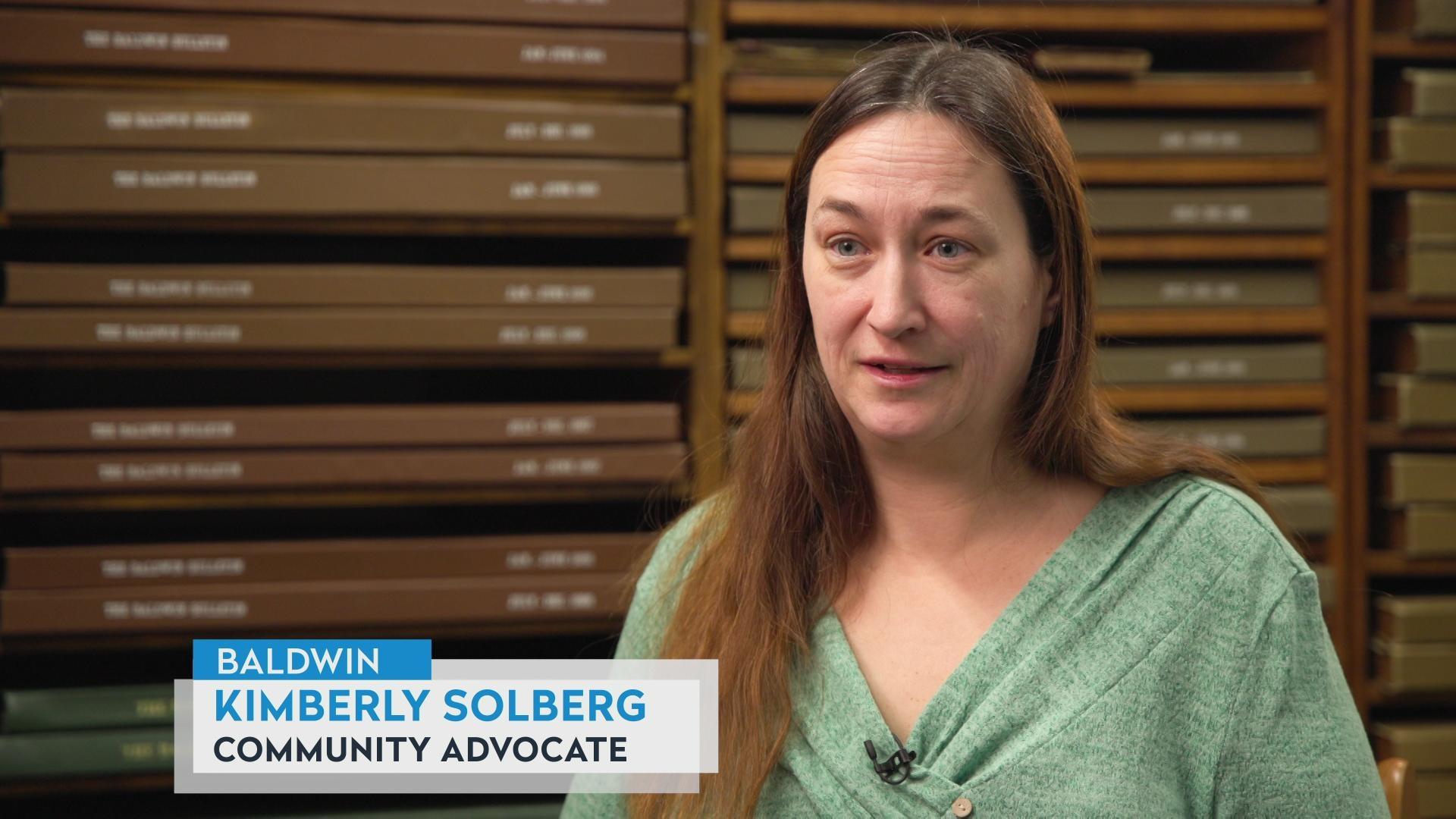

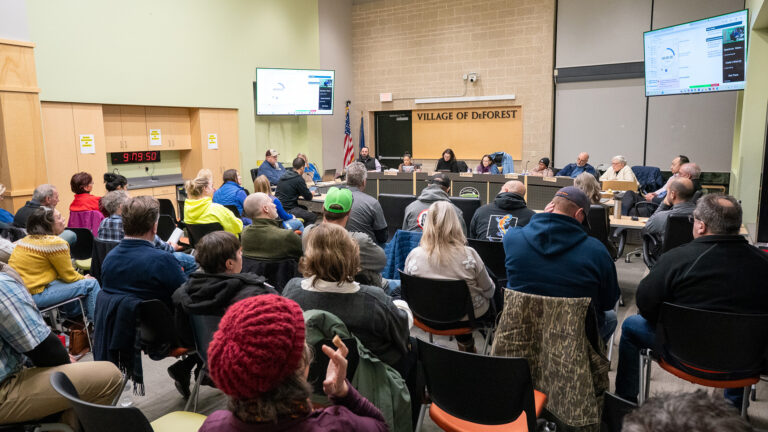
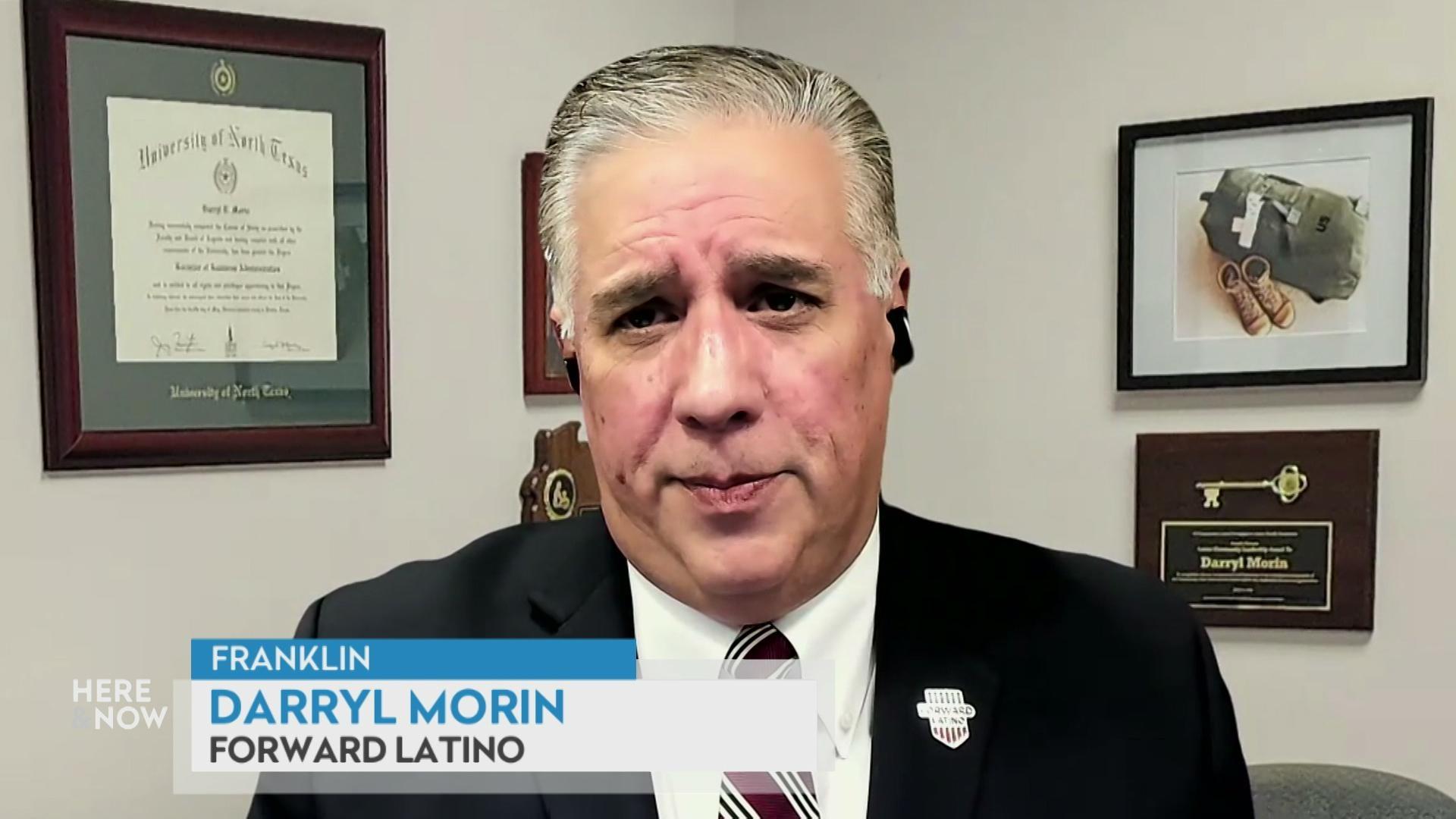
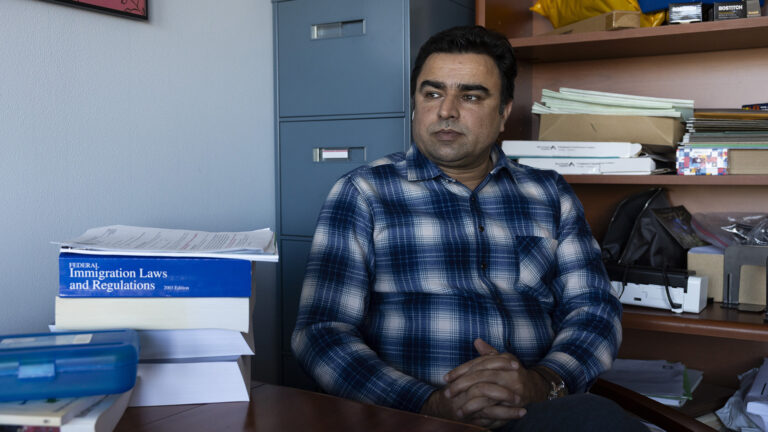
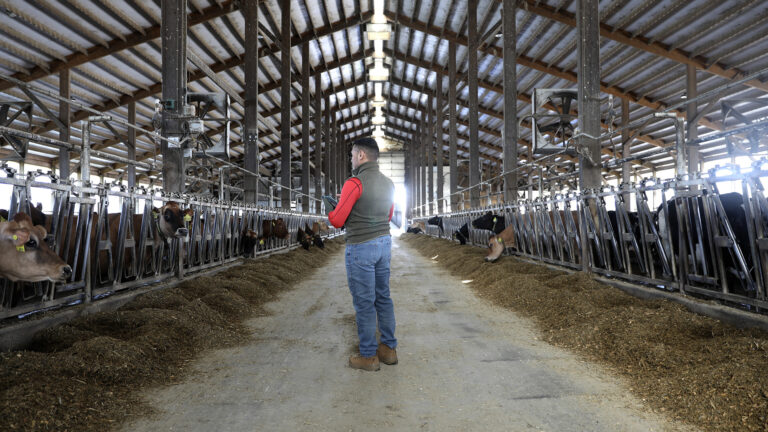

Follow Us